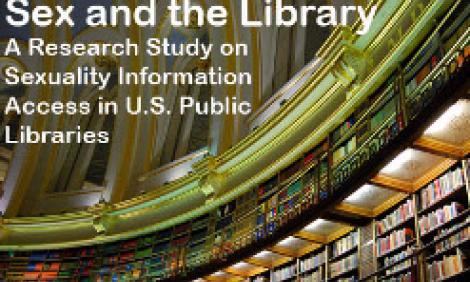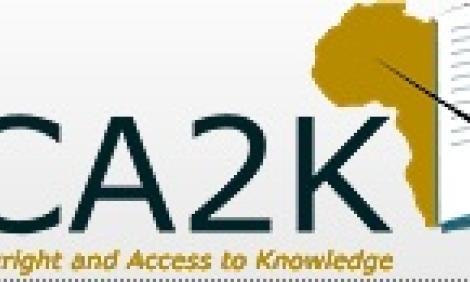In depth
Who’s Afraid of the Big Bad Internet?
"Clearly, one cannot speak of sexual rights activism in Lebanon without speaking at length about internet usage, as both are tied together at levels from personal identity and relationships to political activism and mobilization," claims Nadine Moawad, the APC's EroTICs project partner. In this article, she assesses the role of the internet in the rise of sexual rights activism in Lebanon, and…
In depth
‘Does your mother know?’ Agency, risk and morality in the online lives of young women in Mumbai
Manjima Bhattacharjya and Maya Ganesh, the India partner of the APC's EroTICs Project, open their input with the evocative lyrics of a Swedish pop group ABBA: “And I can chat with you baby / Flirt a little, maybe / But does your mother know that you’re out ?” This article is about middle-class women digital natives in Mumbai, the city with the highest internet use in India, and the initial…

In depth
What Is 'Harmful to Minors'? US EroTICs Partner Investigates Library Search Filters
In this article, Kevicha Echols and Melissa Ditmore from Sex Work Awareness (SWA), researchers for the APC's EroTICs project, investigate the use of filters on public library computers with internet access. People in the United States (US) enjoy a great deal of access to information in print and online media due to the first amendment of the US constitution, which guarantees freedom of speech,…
In depth
Negotiating transgender identities on a South African web site
Jeanne Prinsloo, the APC's EroTICs project partner in South Africa, looks at the use of the internet by South African transgender people, and examines the internet's role in the process of transitioning from one gender identity to another. She concludes that the internet provides a critical space for trans people to access support, to rehearse their new identity, to hear marginalised narratives…

In depth
Reaction to the Gender Findings from Africa’s Access to Knowledge Research
GenderIT.org writer and a Research Officer at Canada`s International Development Research Centre, Kathleen Diga tracks the journey of the African Copyright…
In depth
TIC : Femmes, logiciels libres, copyrights, …les oubliés du législateur et du décideur mauritaniens
Les logiciels libres sont une vraie solution aux problèmes de fracture numérique qu’engendre le sous -développement. En effet, il est désormais indéniable qu’ils ont, avec l’implication des femmes et leur prise en compte comme actrices incontournables, une part importante à jouer dans la création d’un environnement favorable à un développement équitable et durable.
In depth
Les droits d’auteur et les brevets limitent–ils l’accès aux connaissances et au traitement du VIH/SIDA en Afrique?
Le dernier rapport de 2008 de l’ONUSIDA confirme que l’Afrique subsaharienne reste la région du monde la plus sérieusement affectée par le VIH, et représente les deux tiers (671%) du total des personnes vivant avec le VIH et les trois quarts (75%) des décès dus au SIDA en 2007. Environ 1,9 million de personnes ont été nouvellement infectées par le VIH en Afrique subsaharienne.
In depth
ICTs: Women, free software, copyrights,… forgotten by Mauritanian legislators and decision-makers
Fatma Mint Elkory Oumrane takes a look at the progress Mauritania is making in encouraging open access to materials, its copyright regime and how these impact on women. She examines the role of women as ICT graduates and looks at how the government is helping overcome the various digital divides - and the large amount of work that remains to be done.
In depth
Copyright? Copyleft? Why does it matter? An interview with Heather Ford
GenderIt writer Mavic Cabrera-Balleza interviewed Heather Ford, Founder of the African Commons Project, a South African NGO with the goal of mobilizing communities through active participation in collaborative technology. Ford has worked in the fields of internet policy, law and management in South Africa, the United Kingdom and the United States. She sheds light on some of these issues.
In depth
Challenges of communal copyright: Traditional and indigenous knowledge
Copyright and patents legislation has spread rapidly over the past century. This has a particular impact on indigenous women and the holders of traditional knowledge, as copyright ignores the possibility that knowledge can be held communally and has definitions of knowledge that exclude information held in a spiritual context. In this article, GenderIT writer Sonia Randhawa examines how women's…




